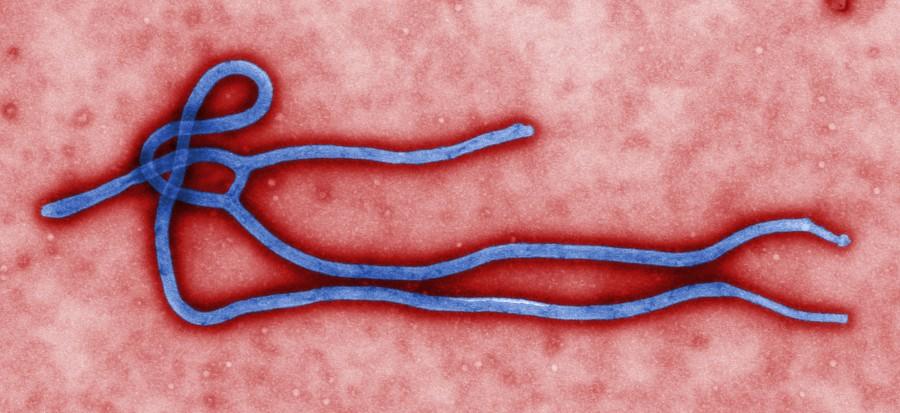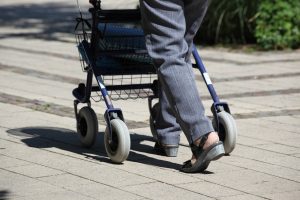Ebola: What We Need to Know
October 25, 2014
News about the Ebola virus has been dominating our TVs, computers, and smartphones for the past few of months. It’s easy to get scared when hearing about a deadly virus outbreak that appears to be spreading like wildfire. However, before overreacting or jumping to irrational conclusions, we need to be able to answer these questions: What exactly is Ebola? Should Japan worry?
According to the World Health Organization (WHO), the Ebola virus disease (EVD) is often transmitted from animals to humans. Scientists believe that bats are the natural carriers of the virus. In humans, the virus spreads through direct contact with blood or bodily fluids. EVD has a case fatality rate of up to 90%. EVD outbreaks occur primarily in villages in Central and West Africa, in areas near tropical rainforests. Symptoms of EVD include sudden onset of fever, rash, intense weakness, muscle pain, headache and sore throat, vomiting, and diarrhea. Although currently there is no licensed vaccine to treat EVD, the treatment for EVD consists of dehydration and oral rehydration, as well as an incubation period of 2 to 21 days.
So why are we suddenly hearing so much about Ebola virus? According to Doctors Without Borders, the current outbreak started in a village near Gueckedou, Guinea, where bat hunting is common. The New York Times reported that 9,936 people from Guinea, Liberia, Senegal, and Sierra Leone have been affected by Ebola since March 2014. According to WHO, this is the largest Ebola outbreak on record.
So what is being done to battle Ebola? According to CNN, the treatment facilities in Liberia, Guinea, and Sierra Leona are currently overcrowded with Ebola victims, and are in desperate need of new facilities and supplies to treat the increasing number of patients. As a result, on September 16, U.S. President Barack Obama announced a “major increase” in the U.S. response to the Ebola outbreak. Mr. Obama stated that the U.S. will send troops, medical supplies, materials to build clinics, and health care workers to West Africa.
According to the Japan International Cooperation Agency (JICA), which provides support to developing countries, Japan has provided five million US dollars worth of aid to affected countries, including personal protective equipment, and tents.
Despite the fact that the current outbreak is limited to West Africa, a daunting question still remains in many people’s minds: Will Ebola spread overseas? The news has been flooded with the recent cases of Ebola in the United States. As of today, there have been three cases in Dallas, Texas, and one case in New York City. However, should we be worried about Ebola coming to Japan?
“I think Japanese people should not be worried or panic about EVD, but instead get appropriate information on this infectious disease,” said Mr. Takahiro Hasumi who works in the Human Development Department of JICA. In his department, he is responsible for the health sector cooperations for Zambia, Nigeria, Mozambique, Zimbabwe, and Malawi, so he has extensive knowledge about health issues in Africa.
When asked about the cases of Ebola in the U.S., and whether a similar case could occur in Japan, he responded, “The chance is minimal. One biggest difference between the U.S. and Japan is the number of travellers coming from EVD epidemic countries as there are many more people entering the U.S. everyday.”
According to frequent business traveller Gary Lynch, some airports in Japan are checking all passengers’ body temperatures at quarantine control gates in order to prevent the accidental import of the virus.
In the unlikely event that a traveller from West Africa infected with Ebola develops symptoms while visiting Japan, Mr. Takahiro said that, “In some hospitals, Japan has medical staff that are trained in such emergencies and all necessary equipment is ready to be used.”






















































